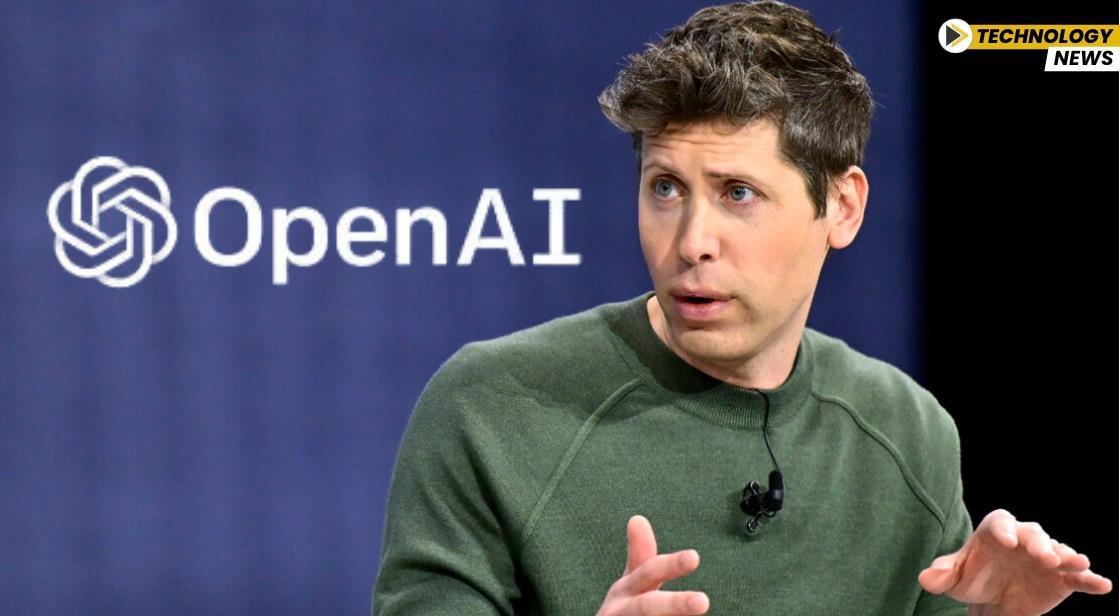OpenAI to Ease ChatGPT Limits, Permit 'Adult Content' for Verified Users

News Synopsis
OpenAI is preparing a major update to ChatGPT content moderation that will roll out in December 2025. The update introduces relaxed restrictions for verified adult users, including access to previously blocked topics such as erotica. This shift is part of OpenAI’s broader strategy to "treat adult users like adults," while maintaining robust safety measures for minors and vulnerable users.
Relaxing ChatGPT Restrictions for Adults
Starting December, OpenAI will significantly ease restrictions on ChatGPT output for age-verified adults. The move is designed to give mature users access to content that was previously restricted under strict moderation policies. The decision follows the implementation of automatic age detection systems, which differentiate between minors and adults to ensure appropriate content delivery.
This change also comes with enhanced parental controls, giving guardians the ability to monitor and manage their teen’s interactions with ChatGPT, ensuring that minors continue to receive safe, age-appropriate experiences.
Sam Altman’s Rationale for the Change
OpenAI CEO Sam Altman explained that ChatGPT was initially restricted to carefully handle sensitive subjects, particularly around mental health. While these limits were intended to protect users, Altman acknowledged that they also made the platform “less enjoyable” for users who did not require strict content moderation.
With the rollout of new safety tools and risk mitigation strategies, OpenAI believes it is now safe to relax restrictions for verified adults. This aligns with the guidance released during DevDay 2025, which signaled that mature content would be available once age verification and appropriate safety measures were in place.
Age Verification and Parental Controls
OpenAI’s upcoming system will use automatic age verification to ensure only adults access mature content. This feature will integrate with parental control tools, allowing parents to:
-
Link their accounts to a teen’s account
-
Choose which functions to disable for minors
-
Receive notifications if the system detects a teen in acute distress
These controls are designed to maintain a safe environment for younger users while granting adults more freedom in ChatGPT interactions.
Safety Measures Remain a Priority
Despite the relaxation for adult users, OpenAI emphasizes that sensitive or distressing topics will continue to be handled carefully. ChatGPT will redirect the most concerning interactions to AI models trained specifically to provide helpful and responsible responses.
This ensures that even as the platform allows more mature content for adults, vulnerable users remain protected, balancing accessibility with safety.
Background and Controversy
The announcement comes shortly after a tragic incident in California, where the parents of 16-year-old Adam Raine sued OpenAI and CEO Sam Altman. The lawsuit alleged that ChatGPT played a role in assisting the teen in planning and executing his suicide earlier this year.
This case underscores the importance of age verification, parental controls, and risk mitigation tools, which OpenAI is now incorporating into its platform to prevent similar incidents.
Implications for Verified Adult Users
Post-December, verified adults using ChatGPT or related OpenAI apps will gain:
-
Access to mature and previously restricted content
-
The ability to interact with ChatGPT without excessive moderation
-
A more engaging and enjoyable experience on the platform
This update is part of OpenAI’s commitment to personalized AI experiences while ensuring that users remain safe and protected.
Conclusion
OpenAI’s decision to relax ChatGPT restrictions for verified adults marks a significant evolution in AI content moderation. By combining age verification, parental controls, and advanced safety tools, the company aims to offer a safer, more customizable experience for both adults and minors.
This update balances freedom for adult users with ongoing protection for younger and vulnerable individuals, reflecting OpenAI’s commitment to responsible AI deployment in sensitive contexts.
You May Like









